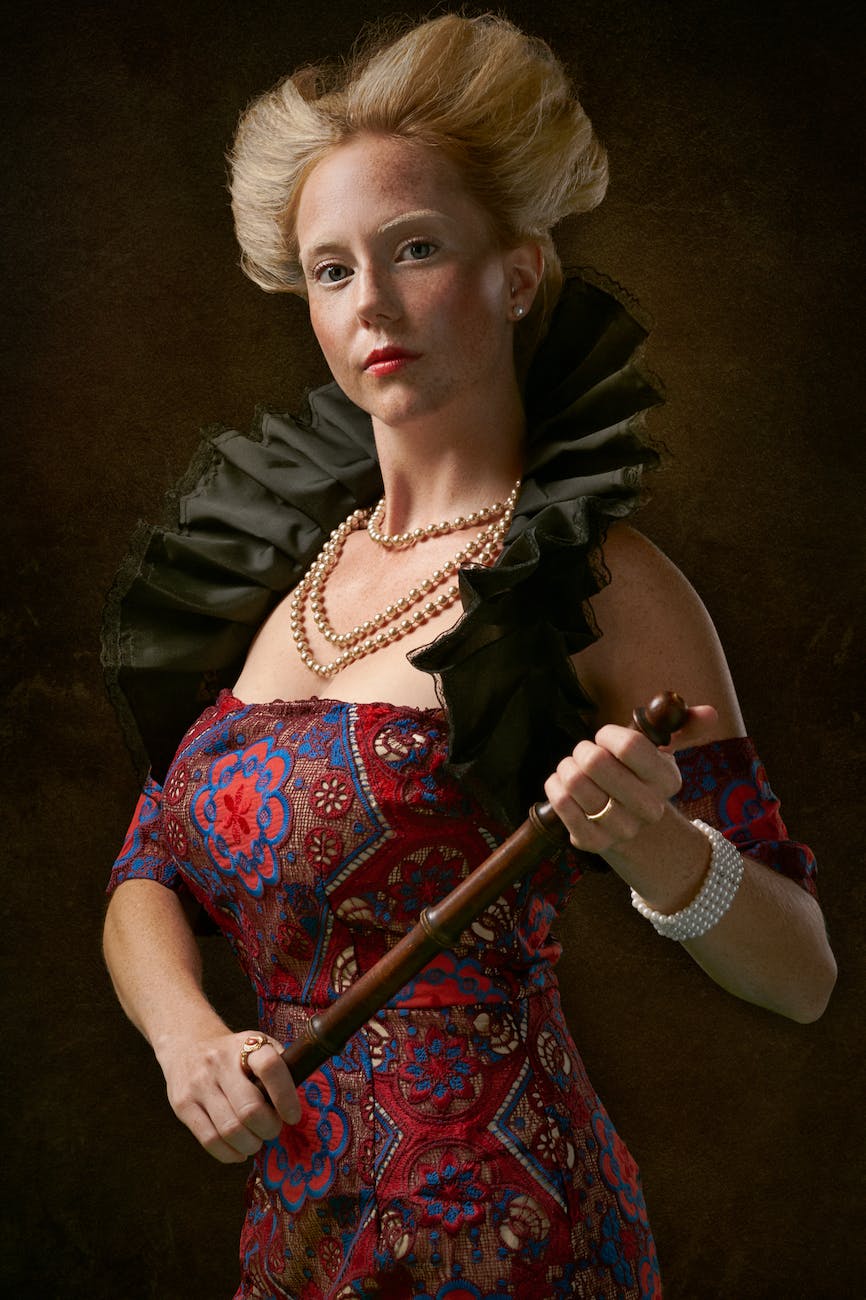As we indicated in a previous post, women often represented the religious systems revealed in Revelation. Jesus’s letter to the bride in Thyatira mentions a popular Old Testament figure; Jezebel. We shall consider the general letter to the church in Thyatira and then focus on the woman Jezebel. Like all of the letters to the churches, the introduction is very significant. Jesus begins this letter this way: “To the angel of the church in Thyatira write: These are the words of the Son of God, whose eyes are like blazing fire and whose feet are like burnished bronze.” (Revelation 2:18). Jesus is revealed as fire and bronze and we know the attributes of these. Fire burns and bronze resists heat. Thus, the introduction is a judgement on all those who have deviated from the faith but also an encouragement to those who have held onto the truth.
Nevertheless, I have this against you: You tolerate that woman Jezebel, who calls herself a prophet. By her teaching she misleads my servants into sexual immorality and the eating of food sacrificed to idols. (Revelation 2:20)
Jesus told them that: “I know your deeds, your love and faith, your service and perseverance, and that you are now doing more than you did at first.” (Revelation 2:19). This statement indicates that the church was indeed doing something for the Lord. But, right after this recommendation was this warning: “Nevertheless, I have this against you: You tolerate that woman Jezebel, who calls herself a prophet. By her teaching she misleads my servants into sexual immorality and the eating of food sacrificed to idols.” (Revelation 2:20). We identified in a previous post that Jezebel was the representation of false religion systems. Our study of 1 and 2 Kings revealed the poignant worship of Baal promoted by Jezebel. As a foreigner and the wife of Ahab, the king of Israel, Jezebel imported to Israel the worship of Baal which was in contrast to the words and commands of God. The first commandment of the Law or the first of the 10 commandments state this clearly: “You shall have no other gods before me.” (Deuteronomy 5:7). Through the introduction and promotion of Baal worship, Jezebel raised a rebellion against God.
In Revelation, there was such an affront against God in the church in Thyatira: The promotion of false religious systems. Whether Jezebel referred to the people who promoted these false religious systems or the person who spearheaded this false religion, God was not pleased and warned the church about the consequences of this rebellion. According to Jesus, this Jezebel was given time to repent but it did not so both her and her children (followers) were destined to death and suffering. This punishment was necessary so that “all the churches will know that I am he who searches hearts and minds, and I will repay each of you according to your deeds” (Revelation 2:23).
In the midst of this false religion were those who held onto the right gospel. This is the message of Jesus to them: “Now I say to the rest of you in Thyatira, to you who do not hold to her teaching and have not learned Satan’s so-called deep secrets, ‘I will not impose any other burden on you, except to hold on to what you have until I come.’” (Revelation 2:24-25). And these are the rewards for the victorious: “To the one who is victorious and does my will to the end, I will give authority over the nations—that one ‘will rule them with an iron scepter and will dash them to pieces like pottery’—just as I have received authority from my Father. I will also give that one the morning star. Whoever has ears, let them hear what the Spirit says to the churches.” (Revelation 2:26-29). The victorious believers would receive power over nations, will destroy the evil religious systems and will receive the morning star. Christ Himself is the morning star. 2 Peter 1:19 state that, “We also have the prophetic message as something completely reliable, and you will do well to pay attention to it, as to a light shining in a dark place, until the day dawns and the morning star rises in your hearts.”
Unfortunately, we still have Jezebel-powered religious systems and some of these have infiltrated even to the ranks of the church deceiving gullible people. God’s judgement on Jezebel and her children has not changed. He will surely repay them with fire for their disobedience and for misleading the nations. How can we identify a Jezebel-led congregation? Know your scriptures and be prayerful. If they are teaching something other than the word of God, and promoting things that the Bible is against, know that you are not in church. You are in Jezebel’s congregation. Run for your life before you have a share in her punishment.








